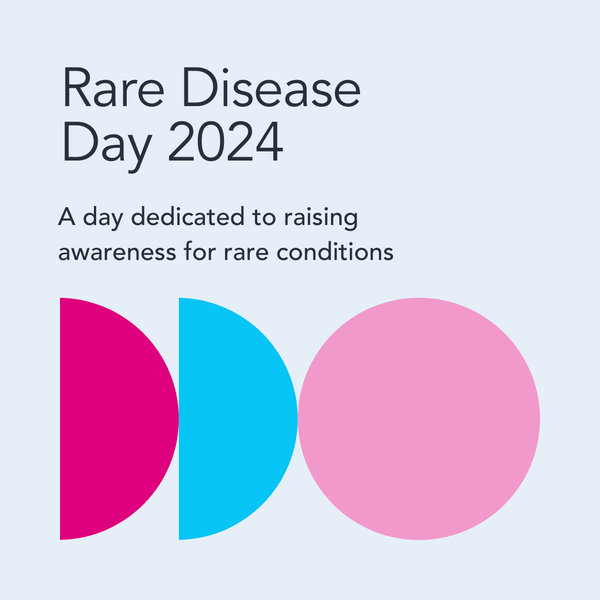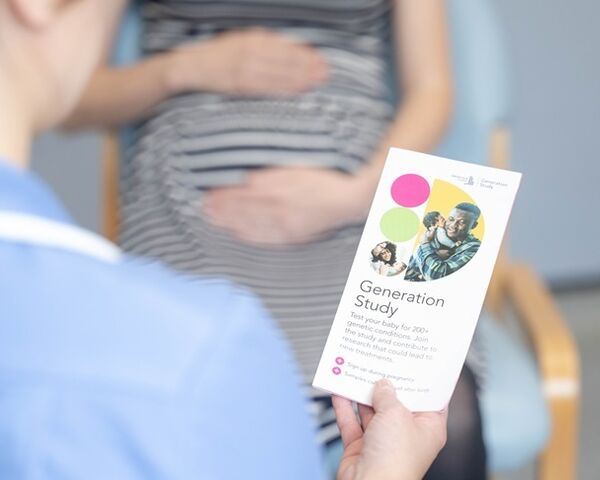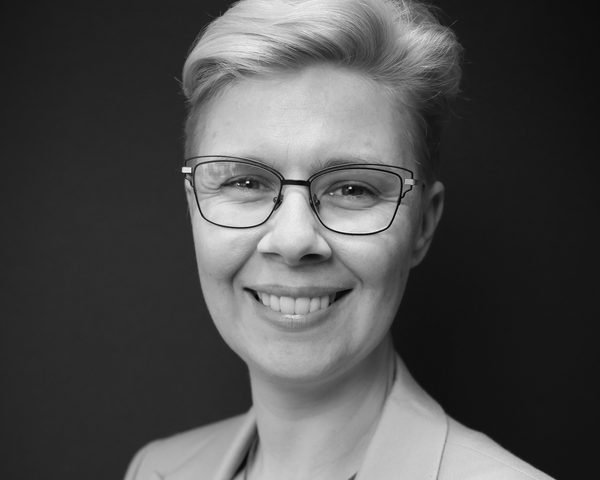Rare Disease Day 2024 – how we’re supporting rare conditions

Today, Genomics England is marking Rare Disease Day, which aims to raise awareness about rare conditions and their impact on patients’ lives.
Genomics England’s first major initiative, the 100,000 Genomes Project, was the world’s largest national sequencing programme, and more than a decade since its launch we continue to drive diagnoses and research into rare conditions.
Thousands of participants with rare conditions have now received a diagnosis that would not have been possible through routine care because of the project. And by supporting the NHS Genomic Medicine Service – the first healthcare system in the world to offer whole genome sequencing as part of routine clinical care – we're still helping to provide answers for people with rare conditions.
We’re proud to say that we have built on the incredible foundations laid by the 100,000 Genomes Project, enabling others to deliver advances in genomic healthcare both nationally and internationally. Our clinical research interface provides a safe and effective way for insights and data to be exchanged between researchers and NHS clinical teams, helping to bring new diagnoses, explain symptoms and support onward care for participants.
About rare conditions
A condition is classed as ‘rare’ if it affects less than 1 in 2,000 people in the general population.
Although rare conditions are individually rare, they are collectively common, affecting 3.5 million people in the UK.
It is estimated that there are over 7,000 rare conditions with new conditions regularly identified through scientific progress.
Many rare conditions can be chronic and life-threatening and take longer to diagnose and treat than other more common conditions. Eight out of 10 rare conditions are caused by a change to someone’s genetic code. But they can also be caused by other factors such as a viral infection.
Looking back at 2023
Announcing the Rare Therapies Launchpad
In November 2023, the government announced its support for the Rare Therapies Launch Pad, a new programme that will develop a pathway for children with rare conditions to access individualised therapies.
The programme’s first project will explore the use of individualised therapies known as antisense oligonucleotides (ASOs) to treat children with ultra-rare and life-threatening brain conditions.
The pilot is developed by a consortium including Genomics England, the Medicines and Healthcare products Regulatory Agency (MHRA), Oxford-Harrington Rare Disease Centre, Mila’s Miracle Foundation and the Association of the British Pharmaceutical Industry (ABPI). It will help identify a sustainable and scalable approach to delivering individualised therapies for children across a wider range of rare conditions, including establishing a proportionate regulatory pathway. This end-to-end pathway would cover diagnosis, the design and rapid manufacturing of these therapies, and treatment. The project also aims to generate evidence to help establish potential reimbursement for individualised therapies beyond the pilot.
Rare conditions added to the Generation Study
In October 2023, we published an initial list of over 200 rare conditions that will be looked for as part of its landmark Generation Study.
The study aims to understand whether sequencing babies’ genomes can help to discover rare genetic conditions earlier. It will look at the DNA of 100,000 babies and will support discovery research and better diagnosis and treatment of rare conditions. It will also look at how storing a baby’s genome might be useful over their lifespan.
The study has been co-developed with the public, parents, families with rare conditions, healthcare professionals and scientists to work out how best to design and deliver it.
To find out more about the study read our blog post or listen to our podcast on the Generation Study.
Events for Rare Disease Day
Lighting up for Rare Disease Day
Today, the iconic One Canada Square building in Canary Wharf is being lit up in blue to raise awareness of Rare Disease Day. With many other buildings being lit up around the world, this helps to promote the inclusion of people living with a rare condition, sends a message of solidarity, and promotes the visibility of this important day among local communities.
Find out more about rare conditions
Listen to our latest episode of our podcast The G Word featuring Julia Vitarello, Founder & CEO of Mila’s Miracle Foundation, as well as Dr Rich Scott, Genomics England’s Interim Chief Executive Officer, and Ana Lisa Tavares, Clinical Lead for Rare Disease Research at Genomics England. They discuss the challenges for those living with a rare condition and the work being carried out across the genomics ecosystem to support them.
Our Genomics 101 series features our latest blog covering what a rare condition is, which includes more information about causes, individualised therapy, and statistics about rare conditions. You can also listen to our podcast on what is a rare condition.
Hear more from people with rare conditions
Shaun and Sarah’s daughter Joey was diagnosed with DYRK1A syndrome when she was 13 years old after being enrolled in the 100,000 Genomes Project. You can read Joey's participant story about her and her family’s lives as she grew up, being diagnosed with a rare chromosomal disorder, and how Shaun and Sarah connected with a support network filled with people in the same situation around the world through the help of a charity called Unique.


